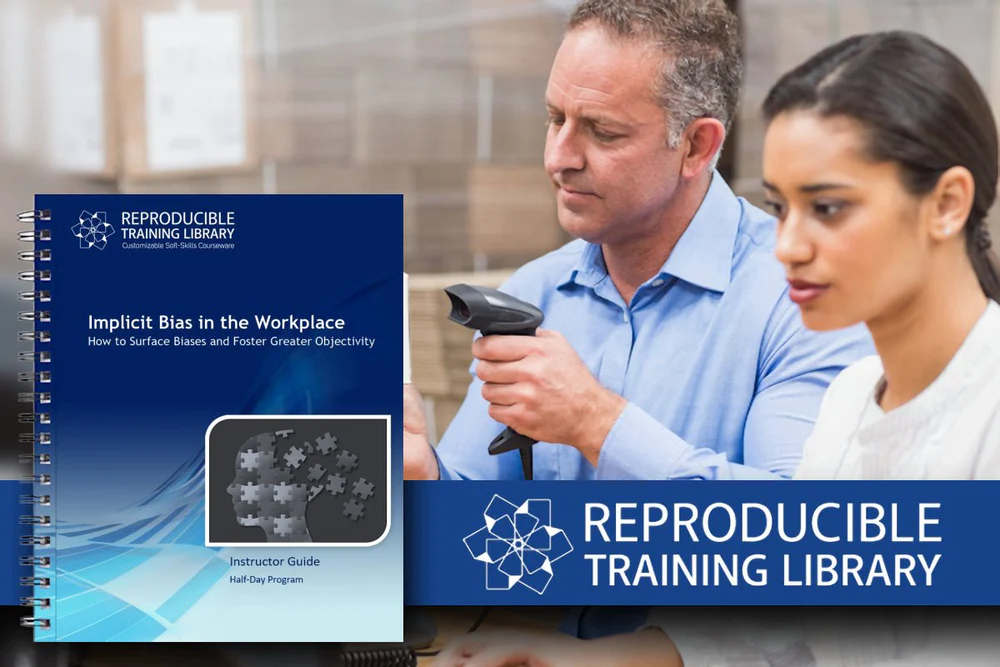When Gossiping in the Workplace Is Harmless
Again, sometimes this story is harmless and can even be humorous – a misunderstanding that could lead to a humorous outcome. For example, I find humor when I travel. Because of the cultural and language differences, I may find myself at the wrong location or attending a meeting at the wrong time. Joking about this can be fun and not harmful. This can lead to learning, connection, trust, and relationship building.
The Risks of Toxic Gossiping in the Workplace
However, gossip can also lead to more toxic situations. If the casual and unconfirmed conversation can lead to harming someone’s reputation, it is no longer humorous.
For example, if a story about my inability to be at the right place at the right time becomes the narrative about my capability, that would be damaging to my reputation. This is unfair and untrue. While it may be created based on a true situation, the narrative does not give me the opportunity to explain myself or declare that one instance does not define who I am or my capability.
Creating stories about people based on our own limited experience is dangerous and can have long-term implications for people.
Common Ways Gossip Appears
Gossip can creep into our conversations in subtle ways, often without our realizing it. Two of the more common ways include:
- Venting: Venting is a close cousin of gossip. Our intention is to blow off steam by expressing how we feel about something or someone. It usually begins with feeling hurt or unfairly treated. The natural thing to do is to find a sympathetic ear that will listen to us and, simply by listening, validate the hurt feelings. This is usually taken as agreement and only contributes to the story that is being crafted, making it important to know how to stop gossip in the workplace before it spreads.
- Idle chatter: Mentioning seemingly harmless points about another person is gossip if it is irrelevant and does not contribute in a meaningful way. Examples include statements like, “Chris looked tired today,” “Janice didn’t seem like herself,” or “I’m still waiting for Alex’s report so that I can finish my work.” Even though there may not be negative intention behind these comments, it would be easy to turn these comments into an unflattering story about someone. Recognizing these patterns helps you learn how to avoid gossip in the workplace.
How to Avoid Gossip in the Workplace
Because gossip can easily slip into a conversation, being intentional and making a decision to protect the identity of others is the best way to avoid it. It will not only prevent the creation of inaccurate stories about other people, but it will also build your own reputation as someone who is supportive, collaborative, and kind. Knowing how to stop gossip in the workplace starts with self-awareness and intentional communication.
If you’re looking to shift the culture and stop workplace gossip, join me in my webinar, Gossip in the Workplace: How to Spot It, Stop It, and Shift Culture. Through interactive small group discussions, we’ll explore the nuances of gossiping in the workplace, and you’ll learn to assess your own tendencies so you can stay away from the gossip trap.

























